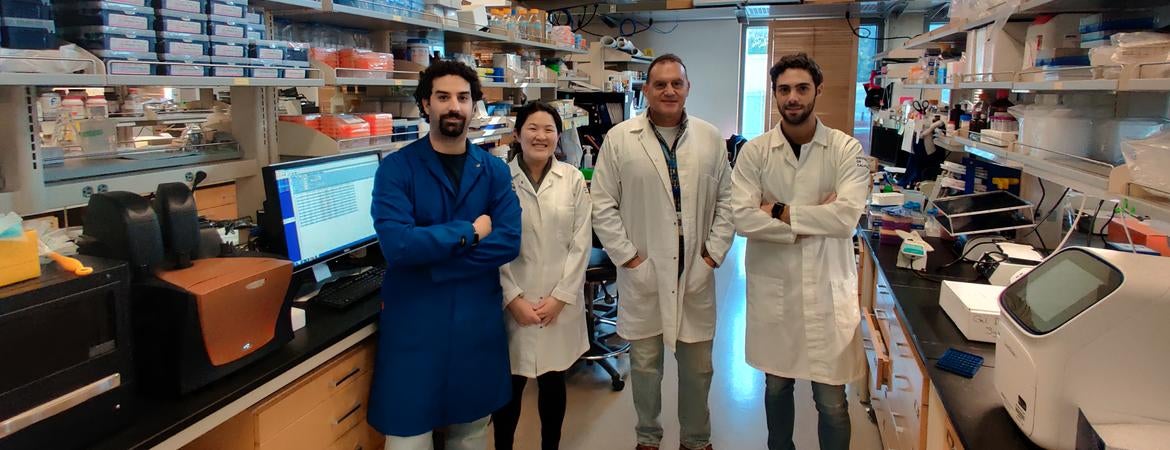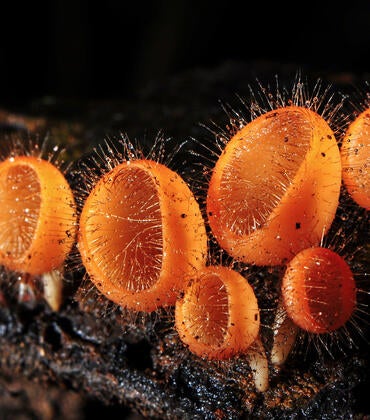
One way to tackle cancer, the second-leading cause of death in the United States, is to target oncogenes — genes that have the potential to cause cancer.
The University of California, Riverside, has received a $2.2 million grant from the National Cancer Institute of the National Institutes of Health that will help researchers target critical oncogenes of the B-cell lymphoma 2, or Bcl-2, family of proteins that regulate all major mechanisms of cell death, or “apoptosis.”
The Bcl-2 family of proteins, which either promote or inhibit apoptosis, provide useful targets for drug discovery because they contribute to cancers when their expression and function are altered.
“We plan to explore new avenues to target the oncogenes Mcl-1 and Bfl-1 in this family,” said Maurizio Pellecchia, a professor of biomedical sciences in the UCR School of Medicine and the principal investigator of the five-year grant. “These genes are expressed in most solid tumors, including those linked to melanoma and lung cancers. These genes render these cancers resistant to chemotherapy, radiation, or even immunotherapy.”
While no viable pharmacological agents or drugs have been able to target Bfl-1 to date, a few have emerged to target only Mcl-1.
Pellecchia is optimistic the research project will present several innovative drug discovery approaches that are necessary to tackle challenging drug targets such as Mcl-1 and Bfl-1.
“Our studies suggest that Bfl-1 antagonists and/or dual action Mcl-1/Bfl-1 antagonists would hold great promise for novel apoptosis-based therapies in melanoma, lung cancer, and potentially other tumors,” he said. “Therapeutic options for chemotherapy resistant cancers are limited. Our studies aim at addressing this critical unmet medical need.”
Pellecchia’s team will focus on deriving novel, potent, and irreversible agents that target Bfl-1, and other agents that simultaneously target both Bfl-1 and Mcl-1.
“These are challenging goals, but our preliminary data give us hope and confidence that we may succeed due, in part, to innovative drug targeting approaches we have employed,” he said.
John Jefferson Perry, an assistant professor of biochemistry and co-investigator, will receive a portion of the funds to perform crystallography studies on the most promising agents derived by the research team.
“We are excited to use protein crystallography analyses to help study these novel antagonists,” Perry said. “Knowledge of the antagonists’ interaction with the target can be immensely helpful in these cancer-focused structure-based drug design studies.”
The project will support two project scientists and two graduate students.
Header image shows, from left to right, Luca Gambini, Parima Udompholkul, Maurizio Pellecchia, and Carlo Baggio. Gambini and Baggio are postdoctoral researchers and Udompholkul is a graduate student in Pellecchia's lab. (UCR/Pellecchia lab)



